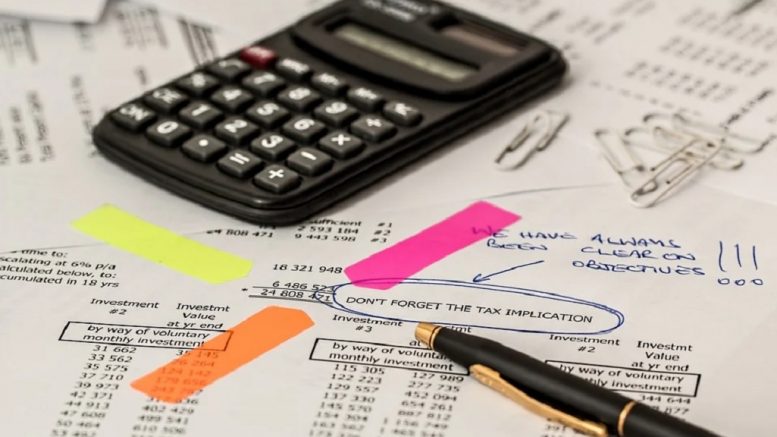Whether you sell online, in a brick and mortar store, or all of the above, sales tax is a reality of life for most sellers. Before investing, you should know about Amazon’s FBA tax details.
Sales tax is more complicated for Amazon FBA sellers than most other retailers.
Ecommerce vendors are treated the same as all other online retailers regarding sales tax. In states where your selling meets two criteria, you must collect sales tax as an FBA seller.
Knowing the difference between the two can help you determine when and if you need to collect taxes from your Amazon FBA customers.
Different states have the Sales Tax Nexus in Different Ways
- A location is a business’s office, warehouse, store, or other physical presence.
- Employees, contractors, salespeople, installers, and others who work for your company are personnel.
- Affiliates: In many jurisdictions, nexus is created by someone who promotes your items in exchange for a part of the revenues.
- A drop shipping relationship: You can build nexus if you have a 3rd party ship to your customers.
- Selling products at a trade show or other event: Even if you only sell there for a short time, several states consider you to have nexus.
- Inventory: Even if you have no other place of business or people in the state, most states consider keeping inventory for sale to be a nexus.
The FBA Rule Has a Vital Exception
A Marketplace Facilitator Law is currently in effect in nearly every state with an Amazon fulfillment center. Marketplace facilitator regulations hold online marketplaces accountable for collecting sales tax on behalf of merchants. For the most part, this is good news for internet sellers. If you sell on a marketplace, the platform is responsible for collecting and remitting sales tax on your behalf. In jurisdictions where a) you have sales tax nexus and b) your marketplace collects and remits sales tax on your behalf, you are likely still needed to obtain a valid sales tax permit and file sales tax returns. It is also important to remember that even if you sell on other platforms such as non-online marketplaces, you must collect sales tax on all sales to buyers in states where you have nexus.
Know About the Taxability of a Product
- Once you have established that you have nexus in a given state, the next step is to assess whether or not the goods you’re selling are taxed.
- In most cases, tangible personal property is taxable, whereas services are not. Like with everything else related to sales tax, individual states may create exceptions to these two broad guidelines.
- In certain states, specific common product categories are not taxed or are taxed differently. Groceries, clothing, and textbooks are among these categories.
- Clothing and groceries, for example, are both tax-free in Minnesota. Groceries are taxable in Tennessee; however, they are taxed at a lower rate of 5%.



Be the first to comment on "Guide to Sales Tax For Amazon FBA Sellers"